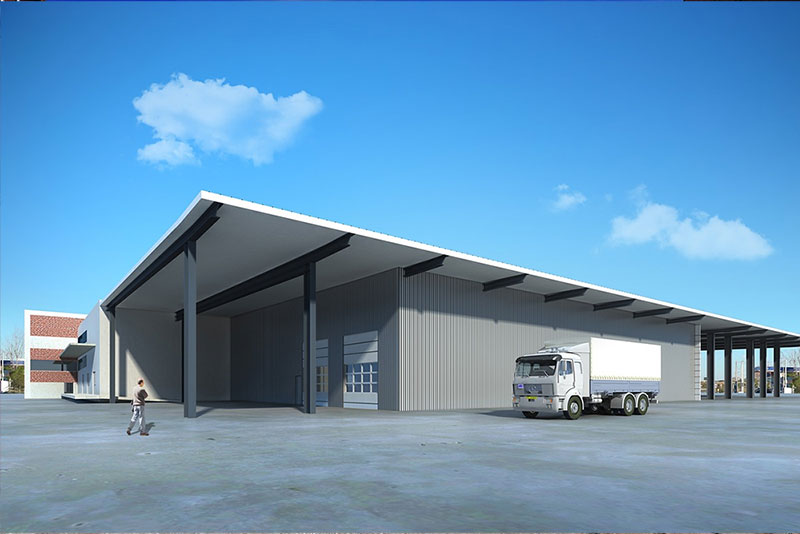Managing warehousing for goods sold on online marketplaces presents unique challenges and opportunities for businesses today. As the e-commerce landscape continues to expand rapidly, efficient warehousing solutions are crucial to meet customer demands and maintain competitive advantage.
So, what exactly are the warehousing solutions for handling inventory from online marketplaces?

1. **Dedicated E-commerce Warehouses**: Establishing dedicated warehouses specifically designed for handling online marketplace inventory is becoming increasingly popular. These warehouses are strategically located to ensure timely delivery to customers across different regions. They are equipped with advanced inventory management systems that integrate seamlessly with various online platforms, allowing for real-time tracking and efficient order fulfillment.
2. **Integration of Technology**: Leveraging technology is key to optimizing warehousing operations. Automated storage and retrieval systems (ASRS) help maximize space utilization and improve picking efficiency. Additionally, inventory management software provides insights into stock levels, trends, and forecasting, enabling businesses to make informed decisions about inventory replenishment and distribution.

3. **Third-Party Logistics (3PL)**: Many businesses partner with 3PL providers to outsource their warehousing and logistics functions. 3PL companies offer scalable solutions tailored to the needs of online sellers, including warehousing, order processing, packing, and shipping. This allows businesses to focus on core activities like marketing and product development while benefiting from the expertise and infrastructure of established logistics providers.
4. **Cross-Docking**: For fast-moving consumer goods (FMCG) and perishable items, cross-docking can be a highly efficient warehousing solution. This practice involves transferring goods directly from inbound to outbound transportation without storing them in the warehouse. It reduces storage costs and speeds up delivery times, which is crucial for meeting the expectations of online marketplace customers.
In conclusion, the warehousing solutions for handling inventory from online marketplaces are diverse and evolving. Businesses must adapt to these changes by embracing technology, optimizing logistics processes, and exploring strategic partnerships with logistics providers. By doing so, they can enhance operational efficiency, improve customer satisfaction, and ultimately, drive growth in the competitive e-commerce landscape.